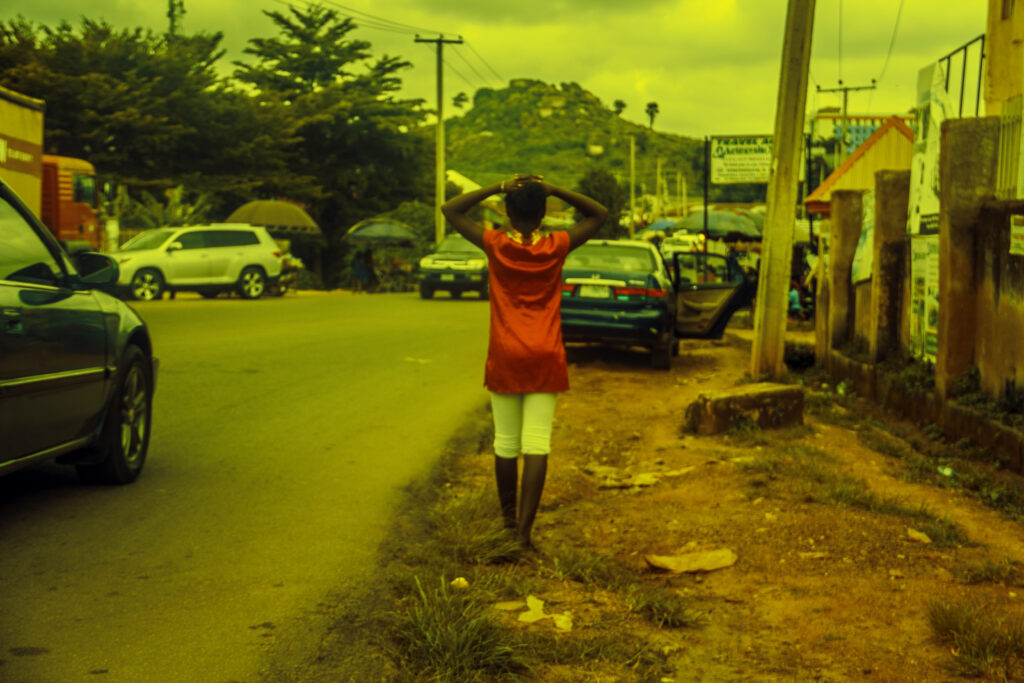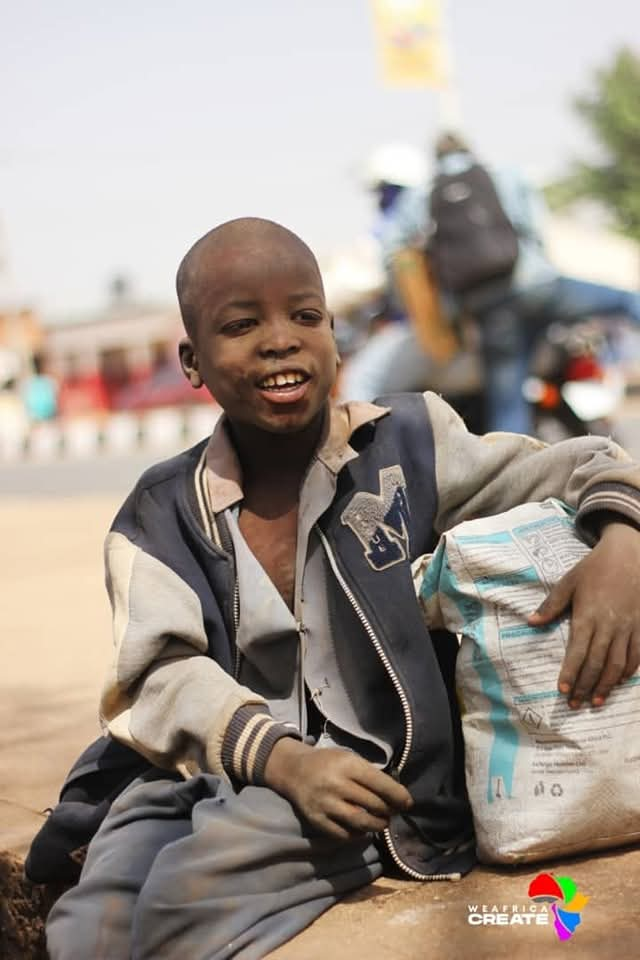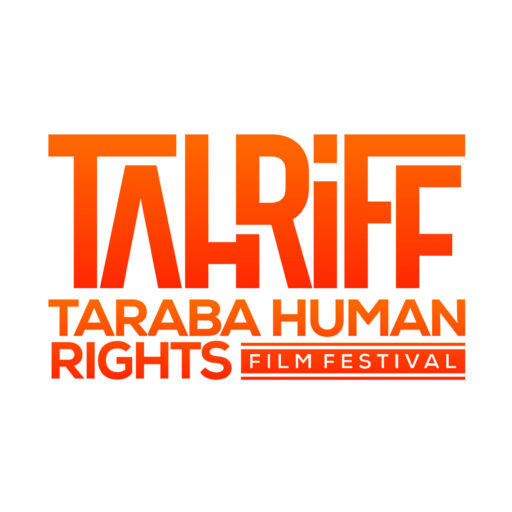
Poverty remains one of the most profound challenges humanity faces today. Beyond the statistics, poverty is deeply interwoven with the fabric of human dignity, access to opportunities, and basic freedoms. In the African context, where nearly half of the population lives below the poverty line, the connection between poverty and human rights is glaring. There is need to understand how poverty itself is a violation of human rights. This understanding is important if we aim to address the broader issues of social justice and human development, especially in Africa.
What is Poverty?
Poverty is beyond a lack of income; it is a condition where individuals or communities are deprived of the basic necessities of life such as food, clean water, healthcare, education, and shelter. A state of Poverty is such that one cannot live as they ought to, sometimes by no fault of theirs. It is a complex problem that extends beyond material deprivation. Poverty touches upon social exclusion, lack of power, and limited access to opportunities that could enhance the quality of life.
What Are Human Rights?
Human rights are fundamental entitlements that every individual is born with, regardless of their nationality, ethnicity, or religion. These rights, enshrined in international law, are meant to guarantee dignity, freedom, and equality for all people. They include the right to life, freedom from torture, the right to education, health care, and an adequate standard of living.
Hence, poverty is not just an economic issue, it is a denial of human rights. Renowned author, Amartya Sen, a Nobel laureate in economics, argues that poverty is not merely about income but about the deprivation of capabilities that allow people to live the kind of life they have reason to value. When people live in poverty, they often find themselves unable to access the basic human rights that everyone deserves. For instance, the right to education becomes meaningless when children are too poor to attend school because they cannot afford the fees, books, or even a meal. Likewise, the right to health is compromised when individuals cannot afford the cost of medical care or live in environments where disease is rampant due to poor infrastructure and lack of sanitation.
One of the most well-known human rights instruments, the Universal Declaration of Human Rights (UDHR), stresses that all human beings are entitled to a standard of living that ensures their health and well-being. Yet, millions around the world, particularly in Africa, live in circumstances that breach these very rights. The intersection between poverty and human rights is unmistakable: when basic human needs are not met, it is a direct violation of these rights.
In Africa, the effects of poverty on human rights are all too visible. Take the case of Nigeria, where millions live in extreme poverty, particularly in rural areas. The lack of proper healthcare infrastructure means that preventable diseases like malaria and cholera claim thousands of lives every year. In such communities, people cannot access basic services like clean water, sanitation, or nutrition, which are essential human rights.
Why Is Poverty a Human Rights Issue?
Poverty is a human rights issue because it undermines the ability of individuals to fully participate in society. The deprivation of basic needs—food, clean water, shelter, education, and healthcare—directly infringes upon a person's right to live a life of dignity. Human rights are interdependent; when one right is violated, it often leads to the violation of others. For instance, the lack of adequate housing not only affects a person's right to shelter but also their right to health and security. Furthermore, poverty is often a consequence of systemic issues such as inequality, discrimination, and lack of access to resources. These structural injustices deny people the right to be treated with fairness and respect. In the African context, colonialism, corruption, and conflict have perpetuated poverty, exacerbating the violation of human rights.
How do we solve the issue?: Moving from Poverty to Human Dignity
To address poverty as a human rights issue, we must adopt a holistic approach that recognizes the interconnection between economic, social, and political rights. Here are a few solutions:
1. Policy Reform and good Governance: Governments must prioritize policies that tackle the root causes of poverty, such as inadequate education, healthcare, and employment opportunities. Ensuring good governance, transparency, and accountability in public service delivery is crucial to creating sustainable change.
2. Access to Education and Health: Providing access to quality education and healthcare is paramount in breaking the cycle of poverty. Governments should invest in building strong infrastructure that ensures equitable access to these essential services.
3. Empowering Local Communities: Empowering people through skill development, microfinance, and support for local entrepreneurship can help lift communities out of poverty. By fostering self-sufficiency, we uphold the dignity and rights of individuals.
4. International Cooperation: The international community must work together to address global inequality. Initiatives such as debt relief, fair trade, and international aid should focus on the empowerment of local communities and respect for human rights.
5. Promoting Social Justice: Governments should ensure that economic opportunities are accessible to all, especially marginalized groups such as women, children, and ethnic minorities. Inclusive policies that address inequalities are essential to human rights.
Conclusion
Poverty is not a natural state or an inevitability. The struggle against poverty is, therefore, a struggle for dignity, equality, and justice. By embracing this understanding, we can create a world where every human being has the right to live a life of dignity, free from the chains of poverty.
Ganchok Cynthia N.
WE DEPLOY CREATIVE ENERGY AND STRATEGY TO DESTROY THE STRONGHOLD OF POVERTY IN OUR SOCIETY, RESTORE SANITY, ESTABLISH EQUALITY AND DIGNITY OF HUMANITY.


